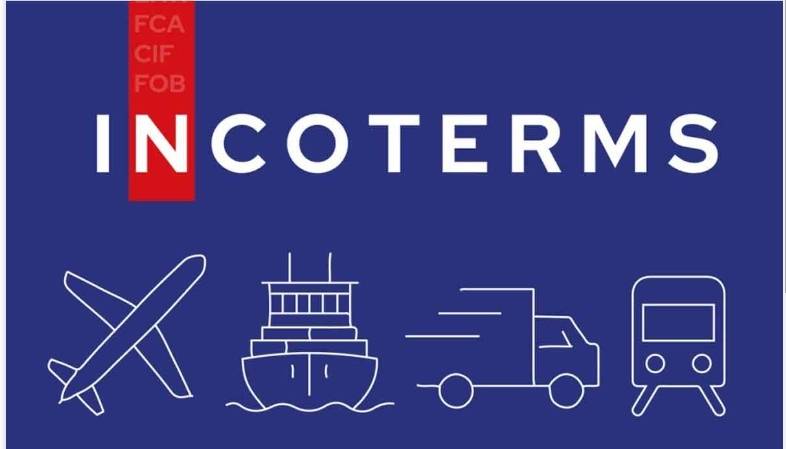- CatalogTop
Full catalog list - Food & BeveragePopular
Popular packed food and beverages
- Beauty & Self Care
Beauty and personal self-care products - Home & Garden
Home and garden supplies and accessories - Board Games
Most popular board games from Latin America - BrandsAll brands
Full list of all brands in the store. Browse all brands - IndustriesNew!
Filter products by desired business category - Services
See all services - See All Products
See full list of all products - Companies
Companies list
International Commercial Terms (INCOTERMS)

Incoterms, short for International Commercial Terms, are a set of standardized rules established by the International Chamber of Commerce (ICC). They define the responsibilities, risks, and costs associated with the transportation and delivery of goods in international trade. Incoterms are widely used to clarify the obligations of buyers and sellers in international contracts and help avoid misunderstandings and disputes.
The current set of Incoterms was updated in 2020 and consists of 11 different terms, grouped into two main categories:
Terms applicable to any mode of transport:
- EXW (Ex Works): The seller makes the goods available at their premises, and the buyer is responsible for the entire transportation process.
- FCA (Free Carrier): The seller delivers the goods to a carrier or another nominated party at a specific location, and the buyer takes over the transportation costs and risks from that point.
- CPT (Carriage Paid To): The seller is responsible for delivering the goods to the carrier or another nominated person, and they bear the transportation costs until the goods reach the agreed-upon destination.
- CIP (Carriage and Insurance Paid To): Similar to CPT, but the seller also arranges and pays for insurance against the buyer's risk of loss or damage during transportation.
- DAP(Delivered at Place): The seller is responsible for delivering the goods to an agreed-upon destination, but they are not responsible for unloading the goods or clearing them through customs.
- DPU (Delivered at Place Unloaded): Similar to DAP, but the seller is also responsible for unloading the goods at the destination.
- DDP (Delivered Duty Paid): The seller is responsible for delivering the goods to the buyer's chosen destination, handling all costs and risks, including customs duties and taxes.
Terms applicable to sea and inland waterway transport:
- FAS (Free Alongside Ship): The seller delivers the goods to a specific port and places them alongside the vessel nominated by the buyer.
- FOB (Free on Board): The seller is responsible for delivering the goods on board the vessel at the agreed port of shipment.
- CFR (Cost and Freight): The seller is responsible for delivering the goods on board the vessel and paying the costs of freight to the destination port.
- CIF (Cost, Insurance, and Freight): Similar to CFR, but the seller also arranges and pays for insurance against the buyer's risk of loss or damage during transportation.
The most commonly used Incoterms are EXW, FCA, FOB, CIF, and DAP. However, the choice of the appropriate Incoterm depends on various factors, such as the nature of the goods, the transportation mode, the destination, and the level of risk and responsibility that each party is willing to undertake.
It's important to note that the use of Incoterms is not mandatory, and parties involved in international trade can choose to use their own terms or modify the standard Incoterms to suit their specific needs. However, using the standardized Incoterms helps ensure clarity and consistency in international trade transactions.
References: https://www.globalnegotiator.c...
© 2017 - 2024, Directoro.com, or its affiliates. Trademarks are the property of their respective owners.

